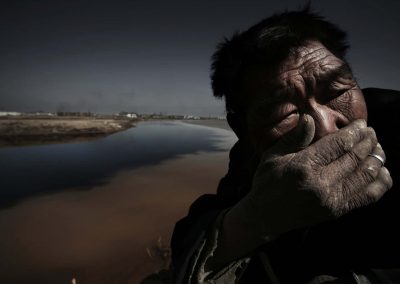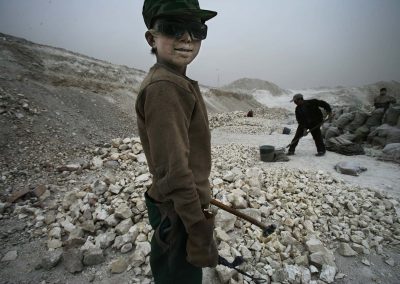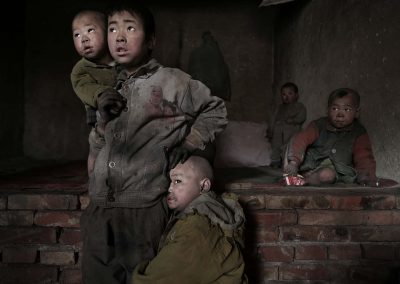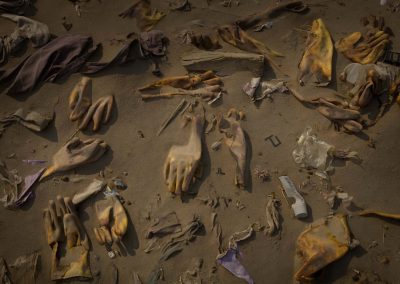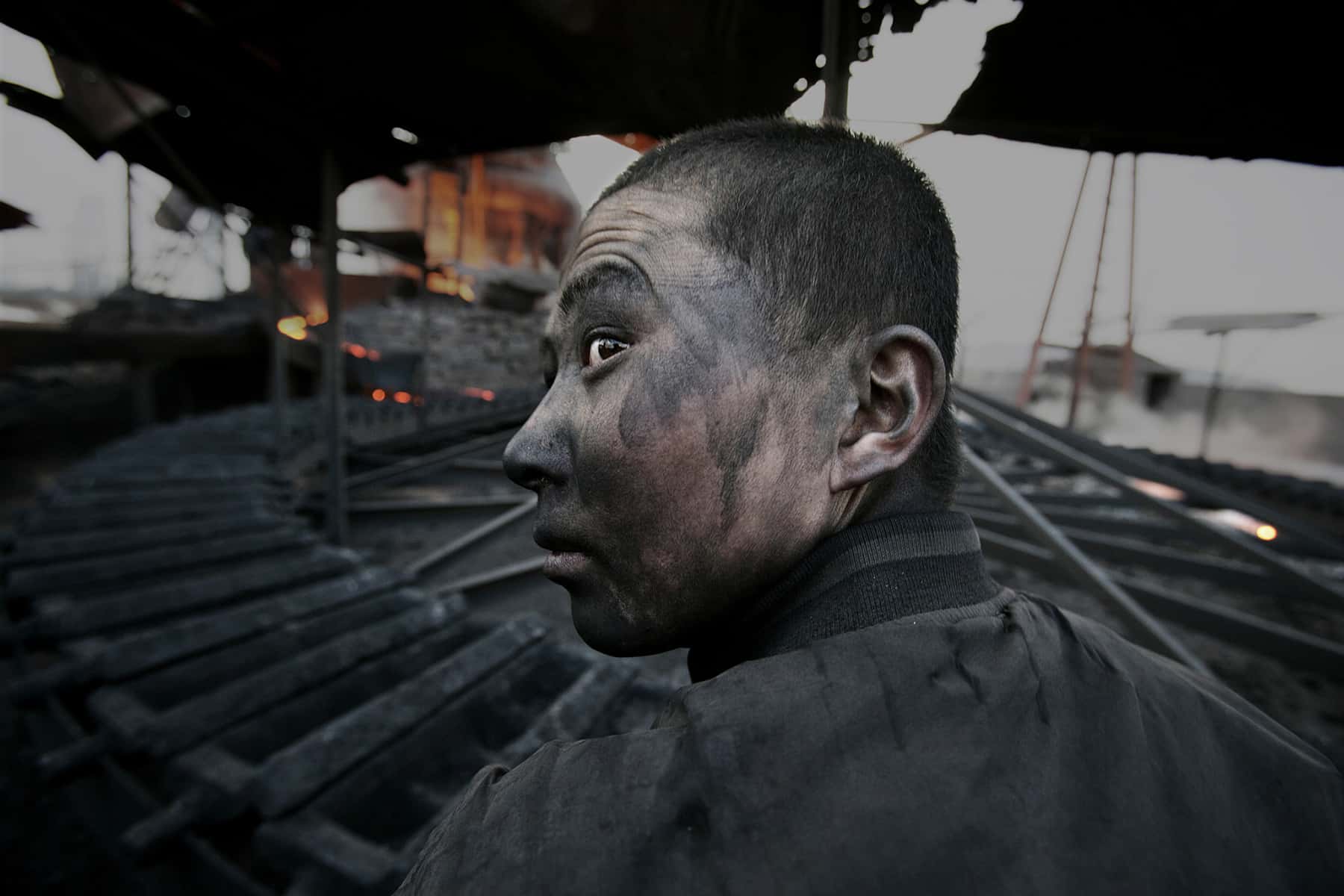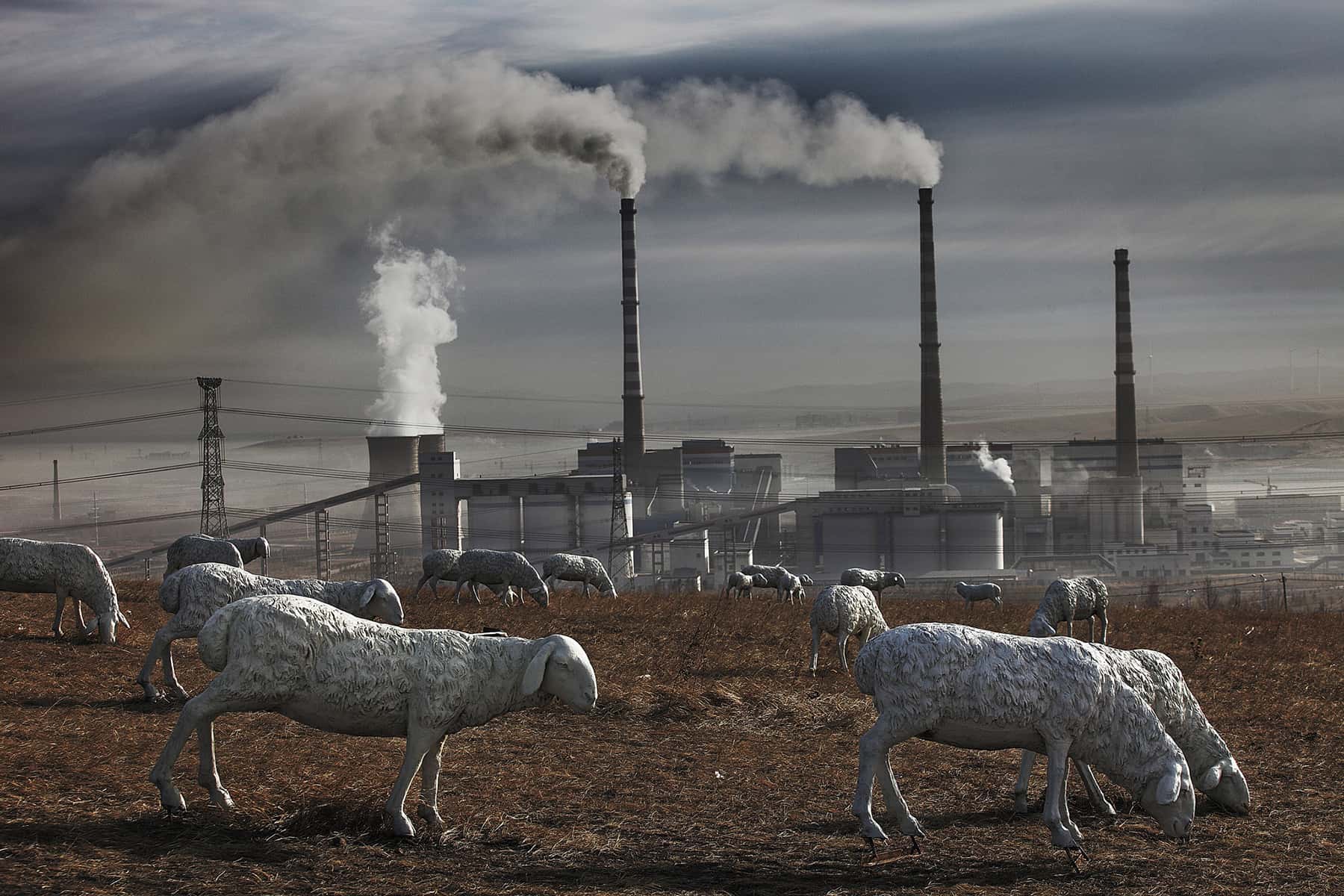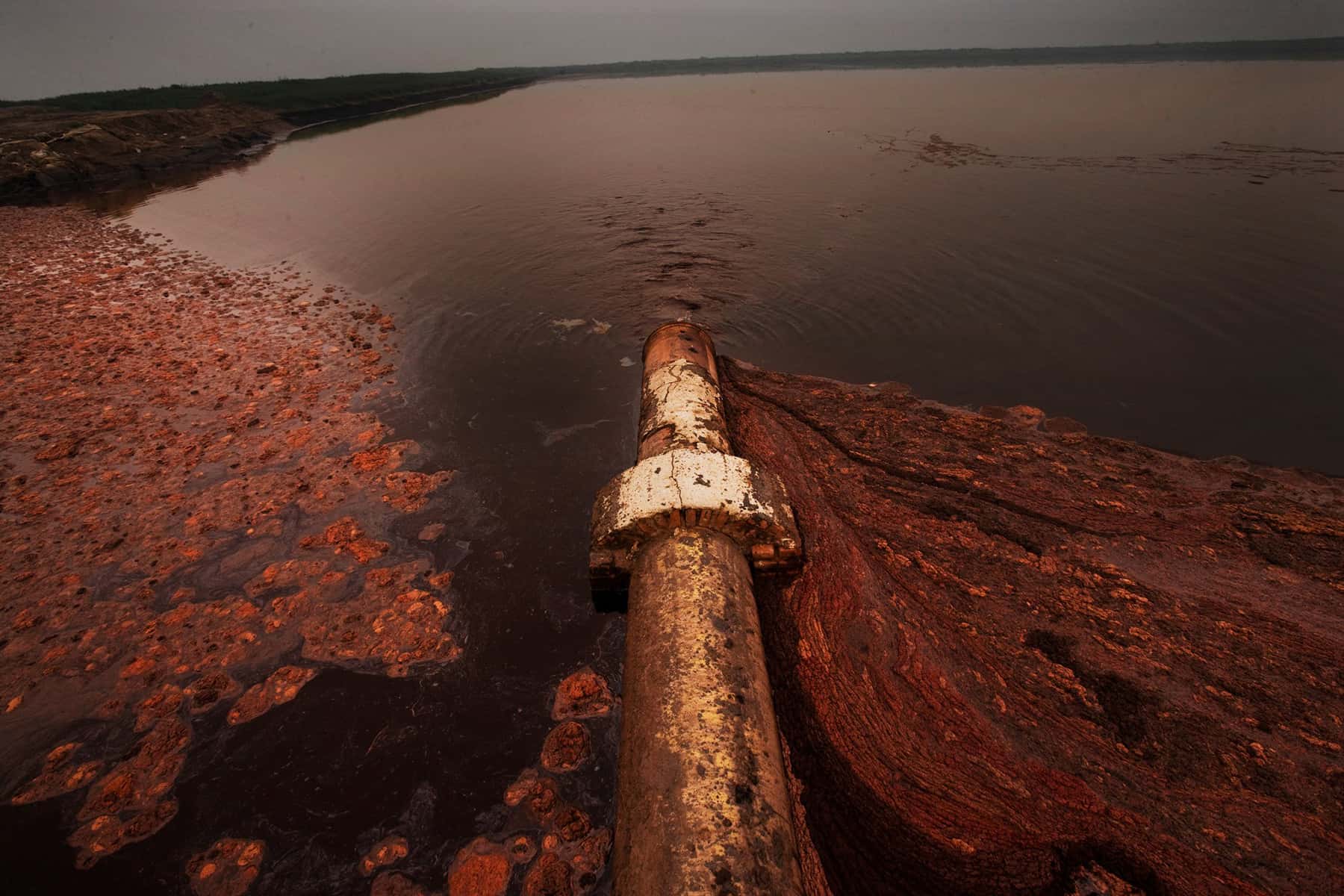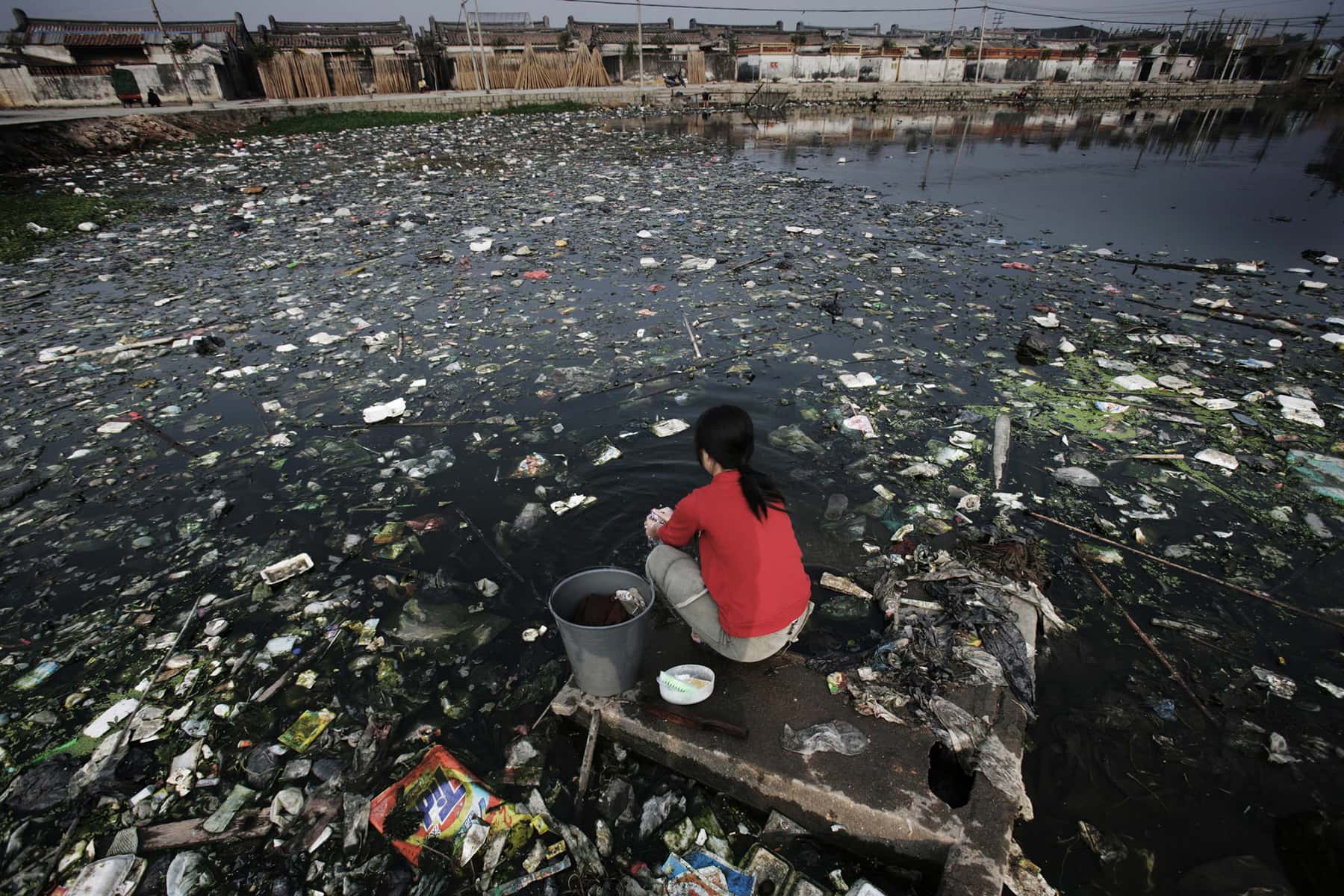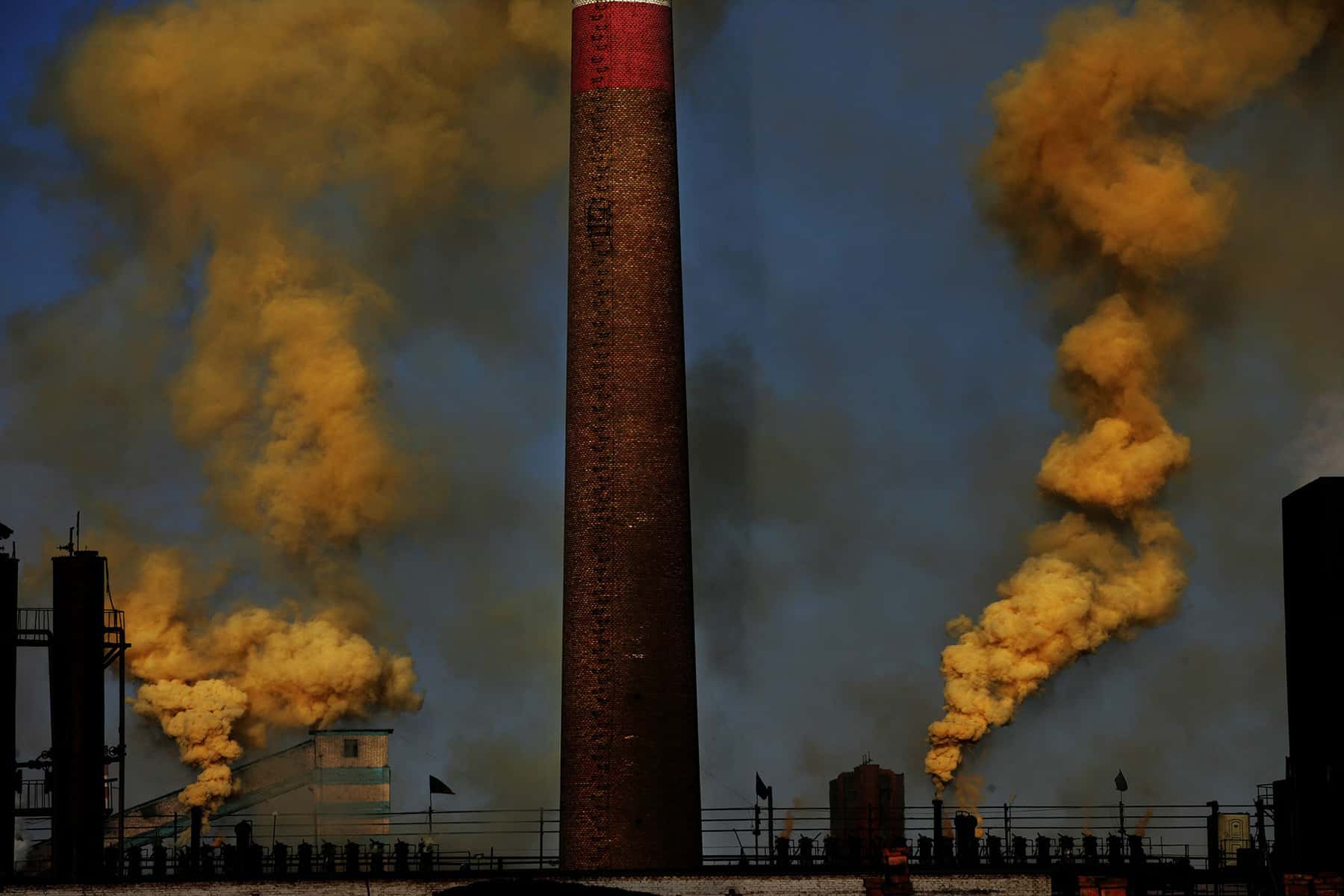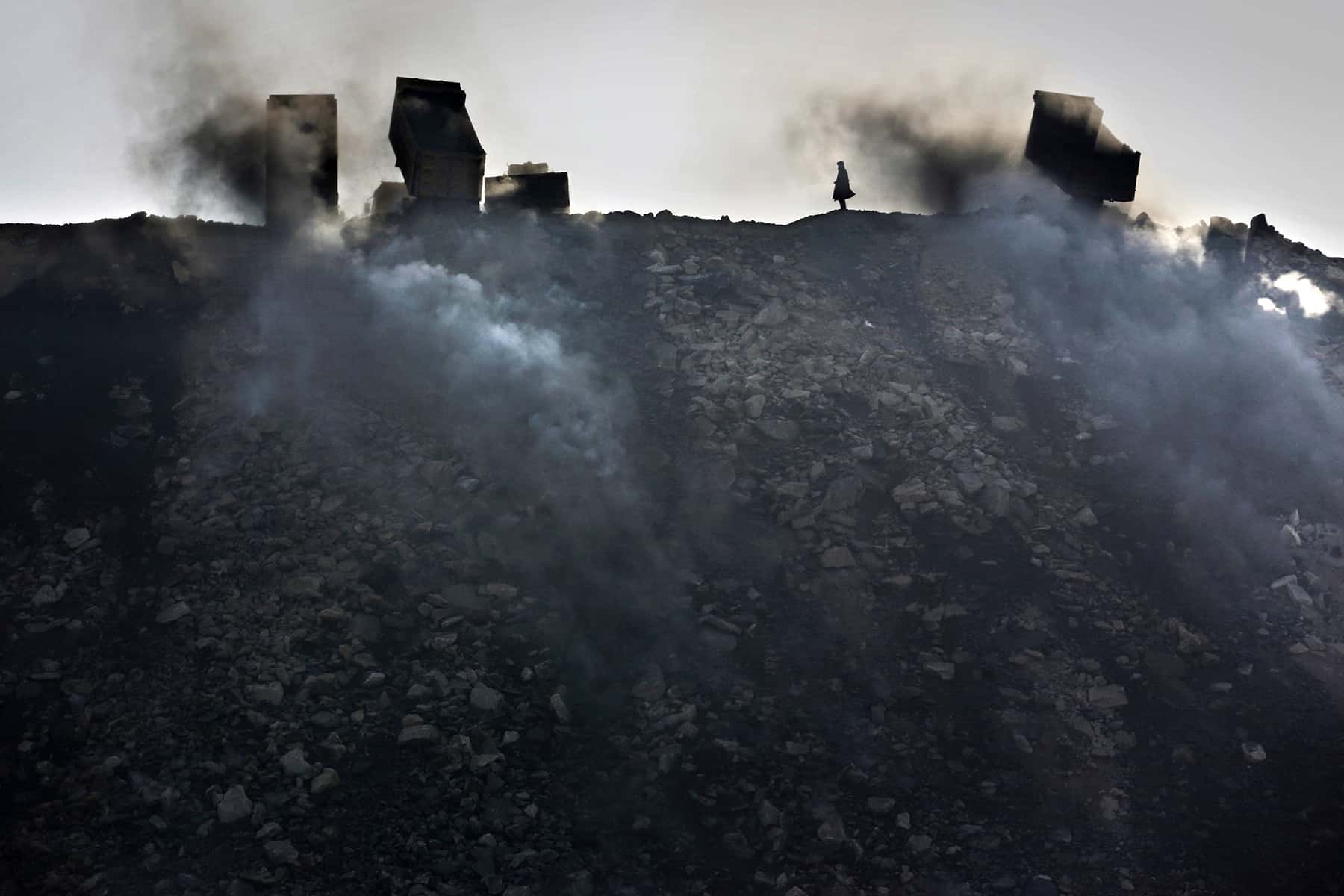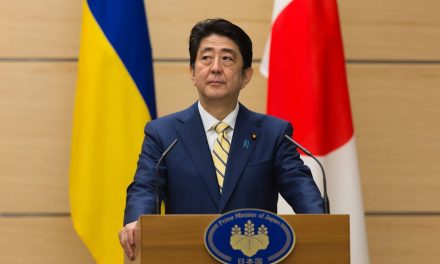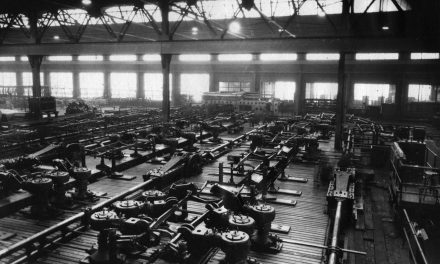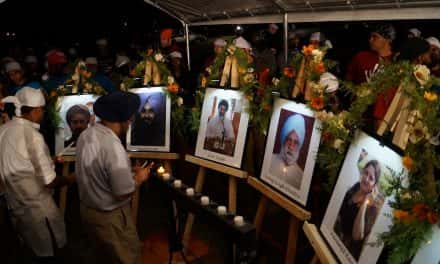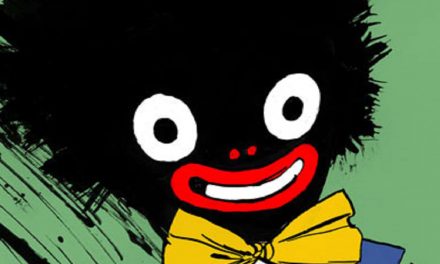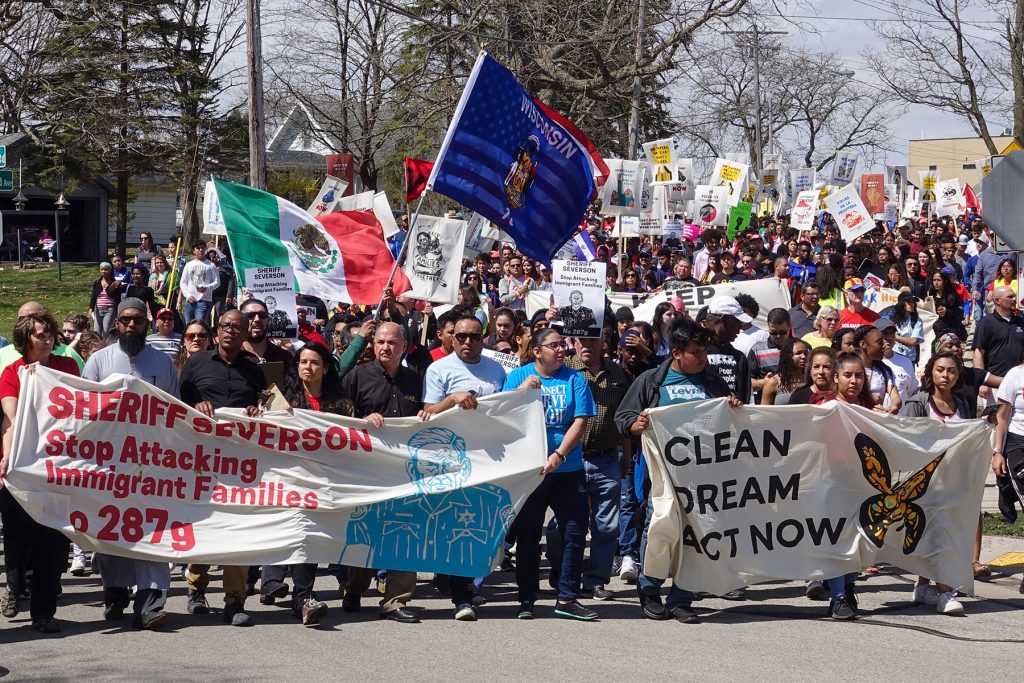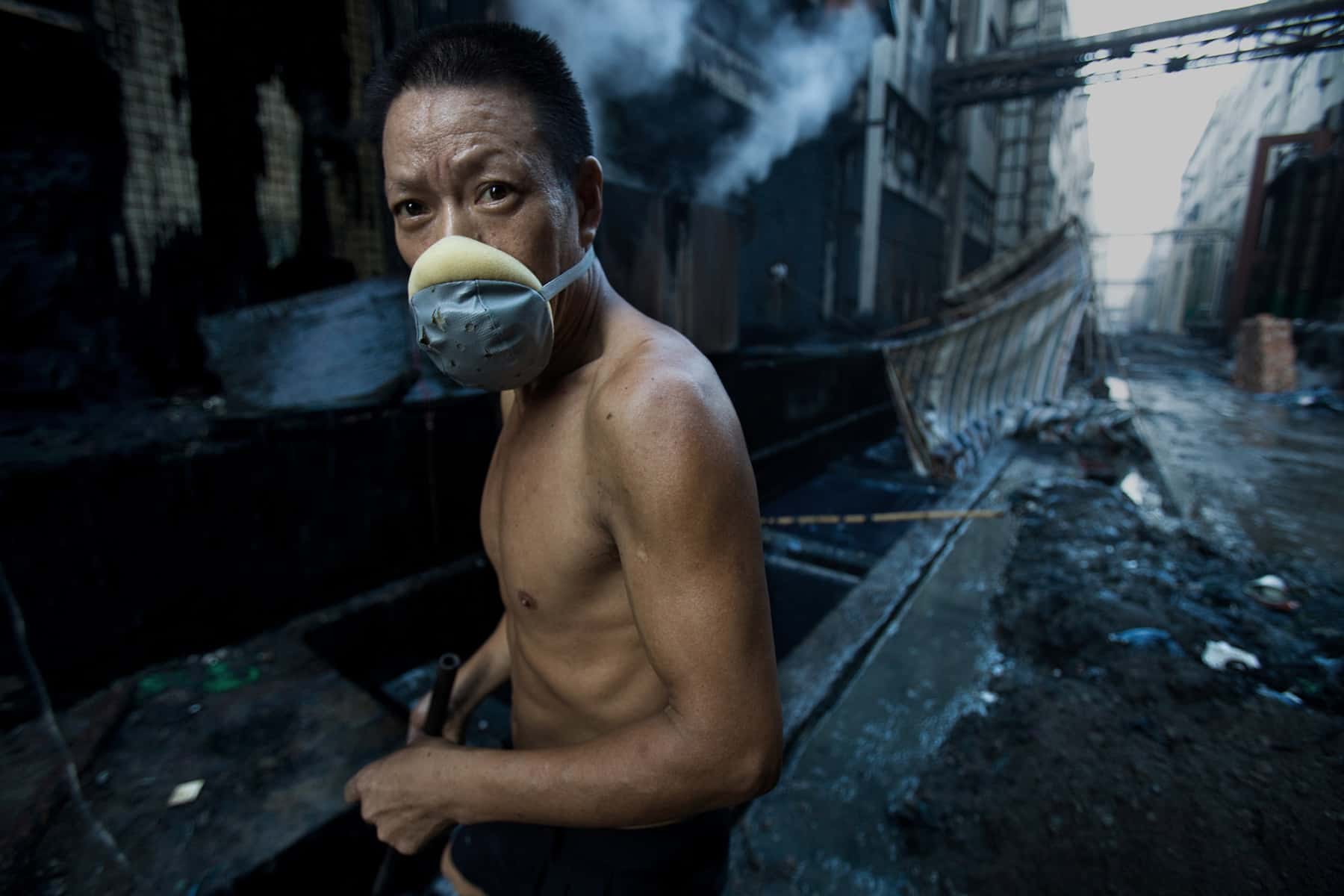
With the experience of spending nearly a decade of my life taking photos in China, I know all too well about the daily dangers of that job. Just snapping “slice of life” photos of Uighur Muslims selling their crafts from Xinjiang at the local train station put them and myself at great risk.
Living under an authoritarian government driven by capitalism is a challenge. Thankfully my faith, life experiences in segregated Georgia, and affinity for Martin Scorsese movies helped me navigate the complexities.
The irony of the 2016 election cycle was that China had already prepared me for what to expect. I could not apply those lessons in 2002 – while I learned them in a foreign country. But, sadly, they were useful back in my homeland years later.
Modern China has laws, but it is not a country founded on the rule of law. That was one of the noble ideas I held onto in my early years in the Middle Kingdom, with an American sense of pride. However, after dealing with American businessmen – on an identical deal to Foxconn, my view changed. The level of corruption I experienced from my countrymen was far more egregious, because our nation is built on the rule of law. Corruption that knowingly violates the law is more damaging because it is done as a conscious decision.
So why should anyone care in Milwaukee that some Chinese photographer is missing in China? American journalist Jamal Khashoggir was аssаssіnаtеd at the Saudi Arabian consulate in Istanbul on October 2. The minimal American response was a minimal. There are endless headlines of reporters jailed or missing around the world. America went to war over just the potential danger to the U.S. citizens in Grenada. Yet the leader of our nation has ignored the situation that threatens members of the media, and is a chief contributor to the problem by called everyone in the news industry an “enemy of the people.”
To be sure, there are those in the media who chase profit over decency at the expense of people suffering, but that is true of nearly every industry and more so for politicians. But, our nation has fought foreign wars for fear of problems landing on our own shores. Yet, journalists are under attack overseas and under siege at home, with little public notice or interest.
I faced the working end of an AK-47 nearly every day for roughly 2,921 days. Milwaukee is not on a trajectory to replicate that situation in my lifetime. But the real threat of censorship is not in the guns. It is in the self-censorship, complicity, the fear of being the nail that sticks up because it gets pounded down twice as hard.
I do not look at Lu Guang’s situation in China and ask myself, “when will I disappear for the photography I take in Milwaukee?” But I do wonder about the path ahead with a sense of caution that sits somewhere between a flashback and sense of Déjà vu.
On December 18, Reporters Without Borders ranked America as one of the deadliest countries for journalists in 2018, for the first time in an annual. It is listed sixth among the most lethal countries for journalists, behind Afghanistan, Syria, Mexico, Yemen, and India. I am closer to a war zone in America than I ever was overseas.
If 2016 is a lesson, with the impact and effects playing out now in the aftermath of the Midterm elections, it is reasonable to question where will Milwaukee be in two years. And as I look at the path that begins towards the 2020 National elections, I am mindful of the landmines along that journey.
One of the most famous Chinese photojournalists in China is missing, detained since November 3 without word from authorities about his whereabouts or the reason for his detention.
Lu Guang, who has won some of photography’s most prestigious awards for documenting social issues in China, was visiting the Xinjiang region in northwest China when he was taken away, Lu’s wife Xu Xiaoli says.
The 57-year-old Lu had been invited to a photography event to “exchange ideas” and had arrived in the capital city of Urumqi on October 23rd. Xu lost touch with her husband on the evening of November 3rd, and she soon learned from contacts at the event that he had been taken away by local national security agents.
Xinjiang, in far western China, has become notorious for its tight security controls and heavy surveillance and police presence. The government is also sensitive to criticism and has detained reporters before who were investigating negative stories about China.
“He has a strong sense of social responsibility,” Xu said. “He believed, after confronting the faces of the destitute, that there were things that people should know. At the very least, he believed that his photos might motivate them to help others, to trigger change and make things better.”
Lu has long had a contentious relationship with Chinese authorities due to his mission to bring public awareness to social, environmental, and economic issues plaguing China. His photo series have tackled subjects such as “cancer villages” and birth defects caused by pollution, the effects of China’s rapid industrialization on its rural population, and AIDS in the province of Henan.
Lu has been recognized for his work with a number of top awards in the industry, including multiple World Press Photo awards. In 2005, he became the first photographer from China invited as a visiting scholar to the United States by the US Department of State.
“In China, it is difficult to report on social issues,” Lu previously stated. “This includes many factors, for example the issues that I want to report. They’ve done something wrong and I need to point it out. So they try and stop us from shooting. I always get caught by them when I am taking photos. But usually I can deal with the situation with various tactics.
Lu Guang
Lee Matz

